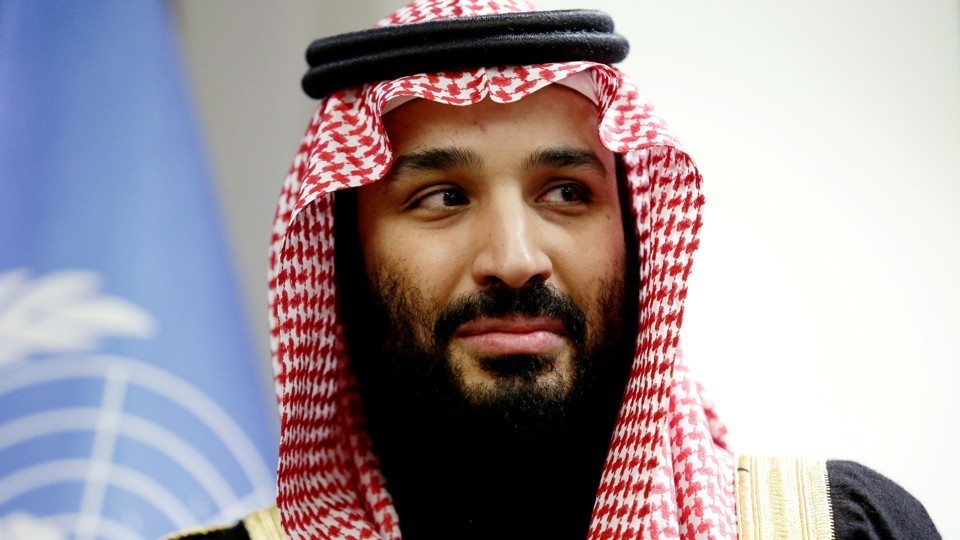
Concurrently with the world tour of the Crown Prince Mohammed Bin Salman, the Saudi government ended the first quarter of 2018 with a 72% rise in beheadings, in comparison with 2017 statistics. During the first three months of 2018 a total of 39 accused persons were executed; 21 of whom are Saudi, whilst 18 others are from different nationalities, including Pakistan, Egypt, Nigeria, Jordan, Lebanon and Syria, in addition to a case of the stateless “bedoun”.
Saudi Arabia is one of three countries that undertakes 87% of all average executions implemented globally, according to the UN Secretary General, Antonio Guterres, who confirmed this in an event held at the permanent headquarter on October 10th, 2017, on the occasion of the International Day against Death Penalty. Moreover, Saudi Arabia continues to apply capital punishment on minors and prisoners of conscience, despite deep flaws in due process and unfair trials. Additionally, the Saudi government implements capital punishment for what is considered non-serious charges according to International Law; during the first quarter of 2018, executions for non-serious crimes reached 53% overall, with 21 execution counts of drugs related offenses.
ESOHR has counted that 1254 execution carried out by Saudi government during the period between 2004 and February 2008, in which more than 30% of them were for drug related offenses which are considered non serious by International Law. Furthermore, the organisation documented the Saudi government’s violation of fair trial requirements in death penalty cases; and death sentences were issued despite torture, confessions under coercion and denial of the right to a defence.
The statistics of the first quarter of 2018 confirm the kingdoms persistence in implementing further executions; which raises serious concerns regarding the number of cases which the European Saudi Organisation for Human Rights. Many of these cases have been documented by ESOHR. Currently, 42 individual are facing the danger of an imminent death penalty, including those accused of non-serious crimes related to expression of opinion or for participating in demonstrations, whilst 12 of them are facing many vague charges related to spying for Iran and spreading Shiiasm; despite UN special rapporteurs calling for their protection from execution. To add more salt to the wound, there are 8 minors amongdt the forty two prisoners, who face imminent beheading at any time after issuance of final death sentences against them. Execution of minors comes despite Saudi Arabia’s ratification of the Convention of the rights of the child, which unequivocally prohibits the execution of children .
The first quarter of 2018 is a serious indicator, which signals imminent danger and risk to the lives of an increasing numbers of citizens and residents. This imminent dangers coincided with the world tour undertaken by the Crown Prince, in which many interviews were done, with no serious questions over the growing and systematic violations in Saudi Arabia. This lack of questioning meant large media outlets allowed him to mislead the international public opinion over the real events occurring inside the kingdom. For example, during an interview on April 2nd, 2018, with the Atlantic magazine the crown prince said: “The key to changes is development, rights and freedoms”. This comes despite the Crown Prince and his father ended the first quarter of 2018 with 39 beheadings include many violations of local and international law. ESOHR believes that these alatming beheading statistics are indicative of the catastrophic situations of human rights in Saudi Arabia (including the right to life), and illustrate that the era of King Salman and his son, is one of the worst that the Saudi people have ever faced.
